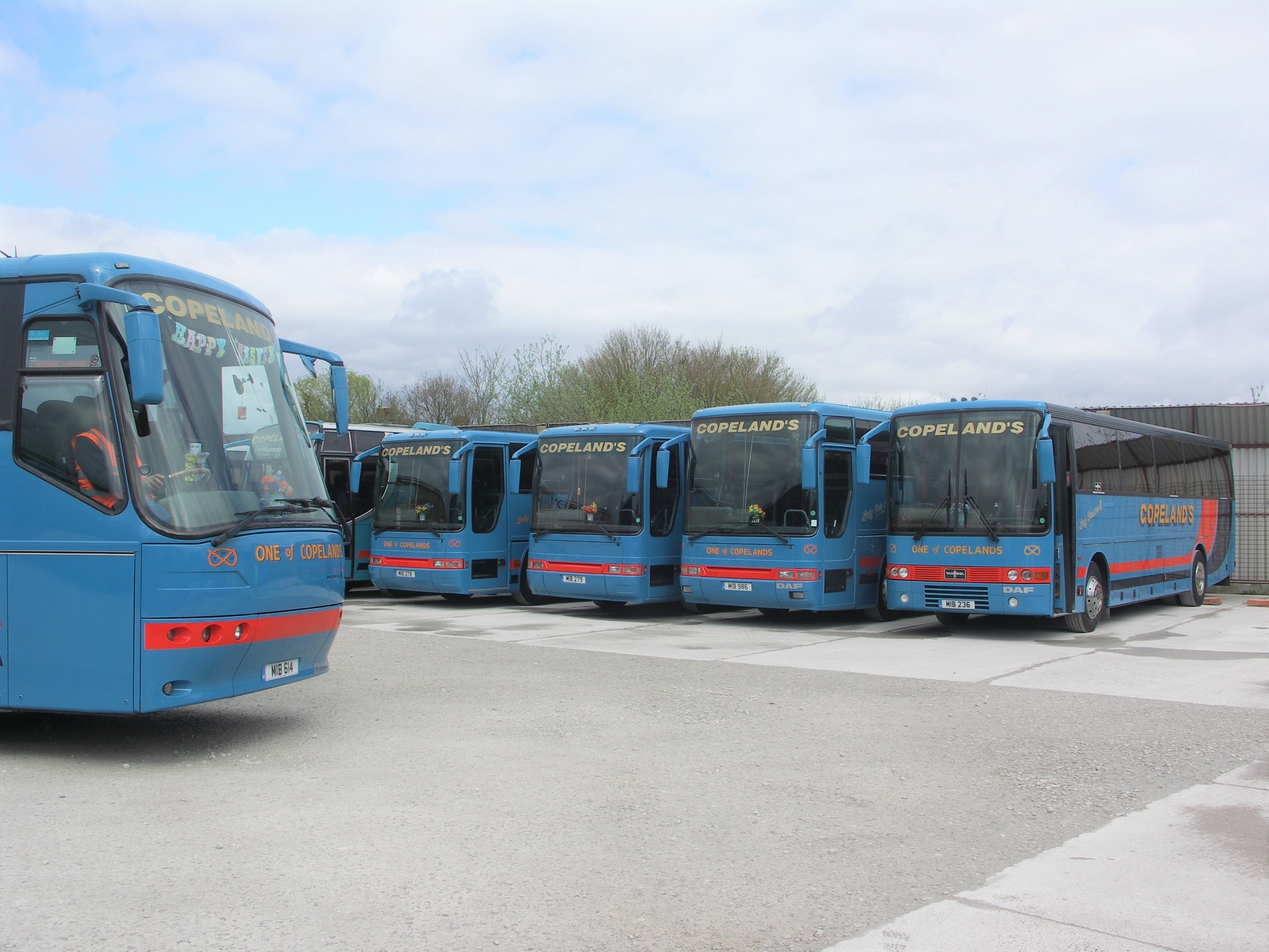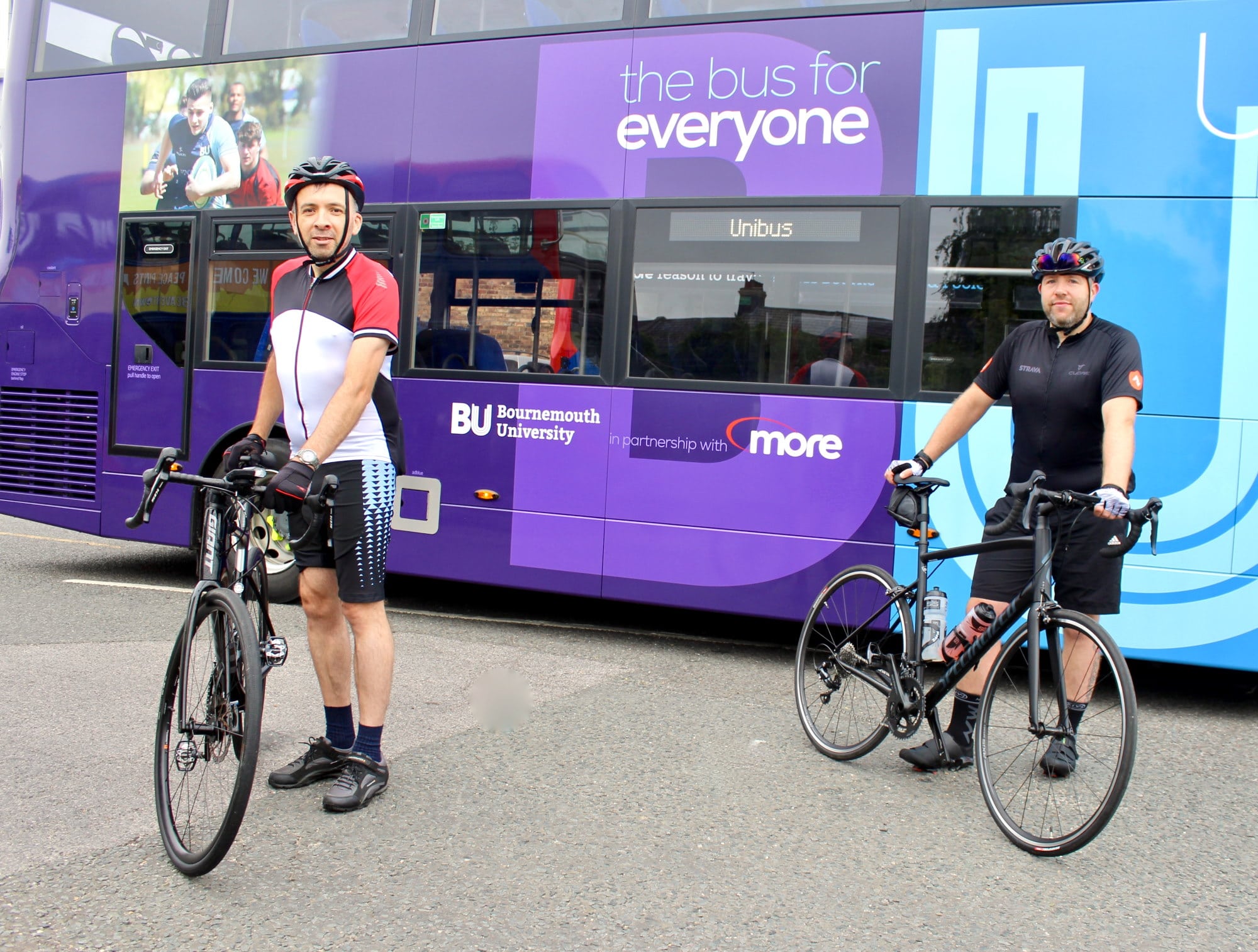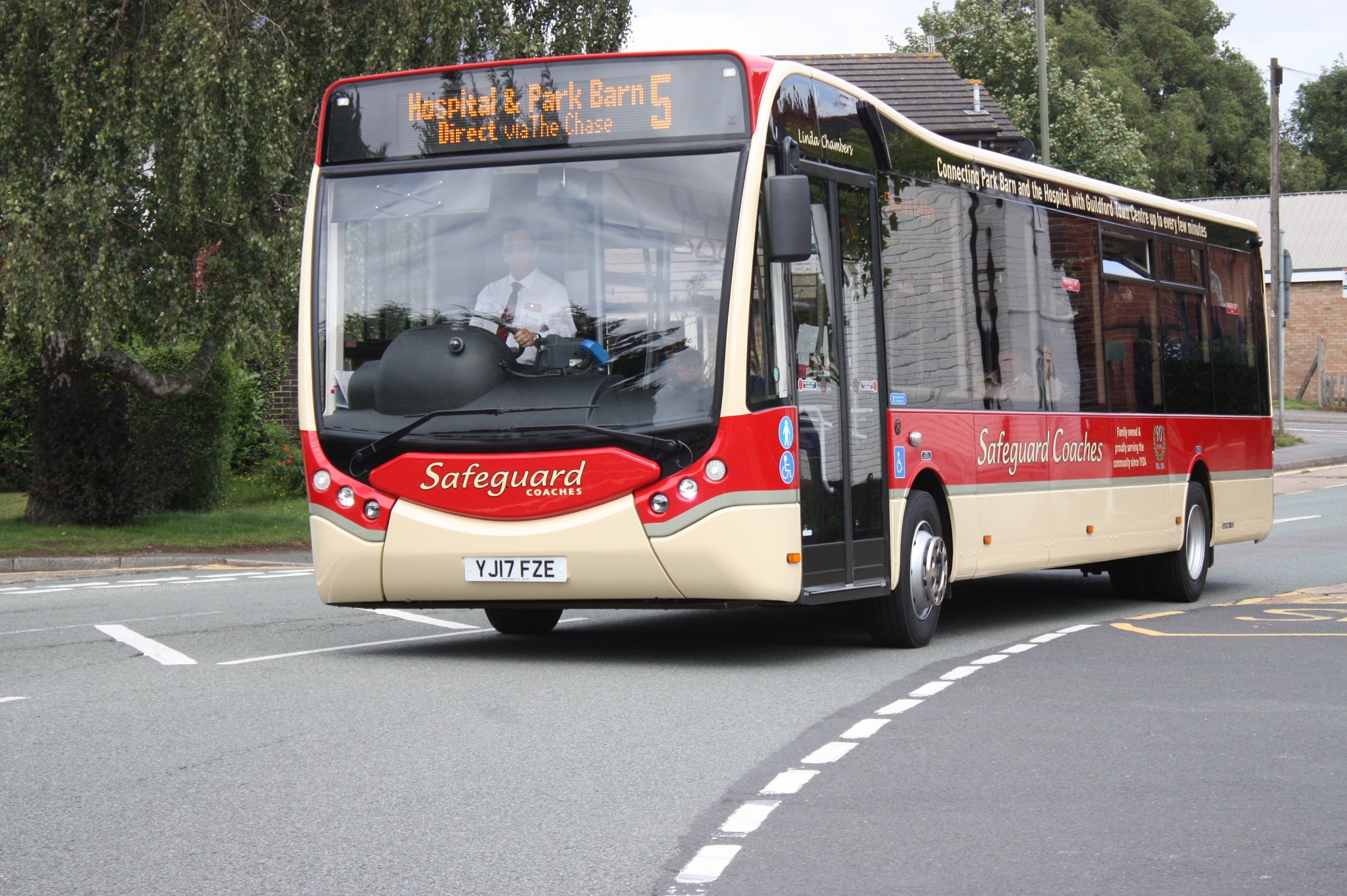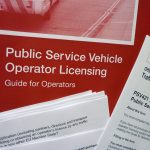The creation of “a clear pathway from education into a career in coaches” is among calls to governments from trade body RHA, which has published its policy direction document for the coach industry.
Such a mechanism would include a reduction in the age limits for coach drivers to remove the barrier that currently prevents operators from recruiting young people straight from school, the Association says. Under its proposals, the change would be accompanied by “adequate safety and insurance support” and could be conditional on following “a recognised entry training scheme such as apprenticeship.”
The 12-page RHA policy document – which the Association says represents “a vision for a better future for the coach sector” – notes that the recruitment, training and retention of drivers is one of the key challenges that face the industry. Others include:
- Recovery from COVID-19
- Emission control zones and urban access restrictions
- PSVAR
- The sector’s image
- Parking facilities, both en route and at destinations and transport hubs.
Despite its calls to government for support with improving young people’s access to careers in the coach sector, RHA says that the industry also “needs to be more proactive about introducing attractive employee benefit packages to generate interest” in joining. It believes that poor terms and conditions are among the factors that have led to a shortage of drivers, as is “the lack of a progressive career structure within the industry.”
RHA coaches policy revisits sector-specific support
RHA has also reignited calls for bespoke financial support from national governments. It says that such moves in Scotland and Northern Ireland during 2020 were welcome, but the Association adds that politicians must now consider the need for operators to invest in more environmentally friendly vehicles.
As part of the trade body’s position, RHA also says that any regulatory changes over coming years that impact the sector “will need to be paced” to take account of the “precarious place” that it has been left in by the COVID-19 pandemic.
RHA has thus underlined its already published position on PSVAR. That calls for a focus on journeys and not vehicles. Notably, it now suggests that dedicated home-to-school services “were not considered to be in scope” of the Regulations when they were devised, adding that the provision of coaches that comply with PSVAR should be based on need, “rather than a blanket provision.”
Another key part of the policy document relates to the recovery of coach tourism. While accepting that the rate that incoming visitor numbers return at is outside of the UK’s control, the Association says there should be a “specific marketing campaign which supports national and regional tourism and [which] should emphasise that it is safe to use coaches as the primary form of travel.”
Emission control zone compliance also in RHA sights
The RHA policy document also wants to see a more joined-up approach to the provision of funding for upgrading coaches to comply with emission control zones. It acknowledges that financial support for the replacement or retrofit of non-compliant models has been offered in some areas, but adds that the current structure “almost universally does not help coach operators” as they operate on a nationwide basis.
Because of that, RHA is calling on governments to develop a roadmap for the coach sector that removes coaches that are less than 18 years old from the scope of daily charges. Such an approach, it says, would “mitigate the stranded asset issue” and encourage operators to invest in new vehicles.
RHA adds its policy direction has been developed in conjunction with its coach operator members. Chief Executive Richard Burnett claims that many of those “feel that they are taken for granted and dismissed by government.” He adds that the policy document “will articulate their concerns and set out a vision to support them through COVID-19 recovery and beyond.”
Download the policy document here.



























